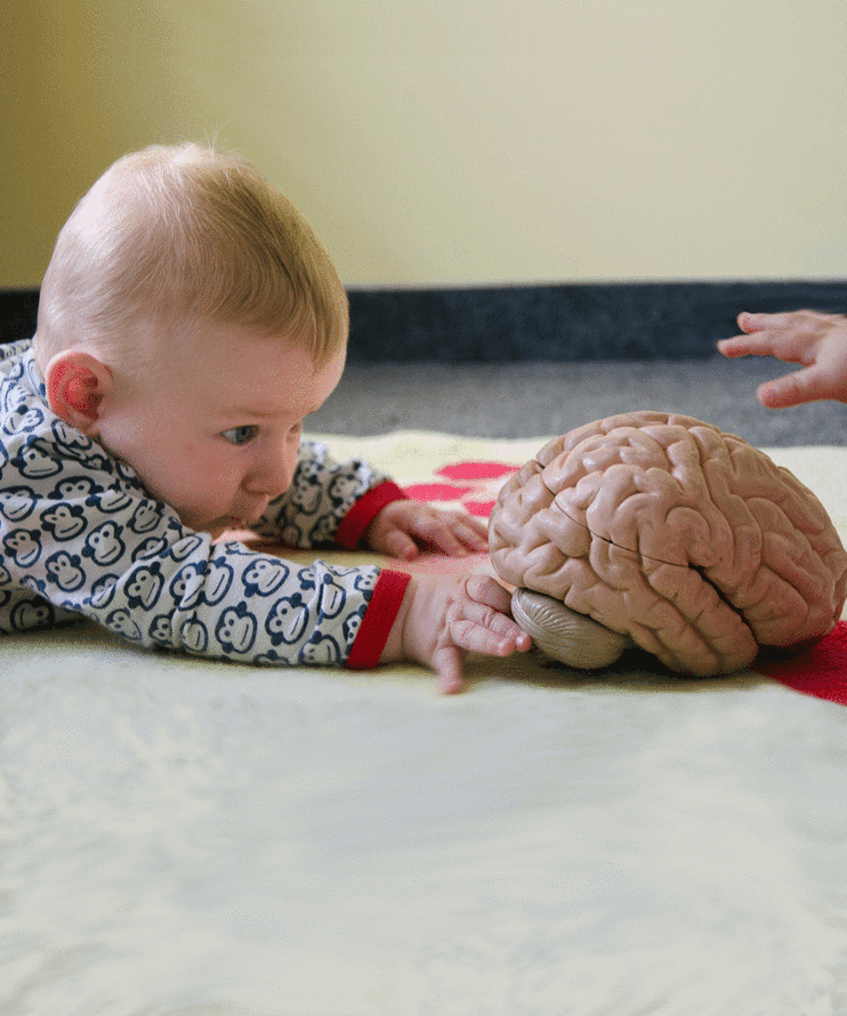Language and memory

Language and memory
Language and memory are usually studied within separate research traditions even though we know that for a large number of mental processes, the two functions are closely intertwined.
The so called sentence superiority effect, for example, describes the phenomenon that people can remember words that appear in a grammatical order (e.g. "I find cognitive neuroscience and psychology incredibly interesting”) much better than when the same words appear in an ungrammatical order (e.g. "Neuroscience I interesting psychology incredibly find cognitive and"). What distinguishes the memory process of memorizing linguistically correct sentences from the memorization of incorrect or non-linguistic material?
How do we use our memory to predict what will be said next? If, for example, an interlocutor is searching for a specific word, or if we interrupt them before they can finish their sentence? Or when we hear the beginning of a proverb or lyrics of a song? Which brain areas help us make this prediction?
